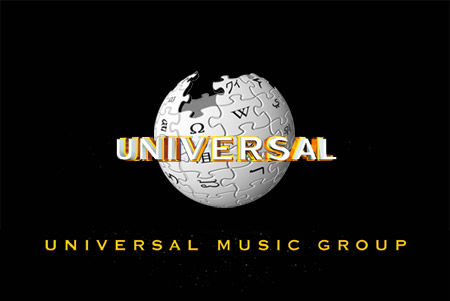
When I was growing up, Ma and Pa always used to argue over who made the cranberry sauce last Thanksgiving. Then Pa would edit the family Wikipedia page to say he was the one who had prepared the popular sauce. The next time the argument arose, he would shovel some coal into the back of the computer, screw on the internet hose, and turn the crank until the web browser was warm enough to display his self-made “evidence.” This method worked year after year. Ma could never prove that Pa had made the edit, as she was far too busy ordering looms from the Sears Roebuck catalog to trace his IP address.
Last week, things changed for us simple country folk, when a young upstart by the name of Virgil Griffith launched the website WikiScanner. Combining the Wikipedia database and the IP2Location database into a single search function, Griffith created a tool capable of determining the networks from which specific edits were made. While WikiScanner does not do anything that was not already possible, it makes the process far more efficient, thus unlocking its true potential (much like a six-chamber butter churn or an automated hog-feeder).
A variety of interesting edits have already been found: A user within Disney’s network deleted criticism of Digital Rights Management software, which is used by Disney. A computer owned by the pharmaceutical company AstraZeneca was used to delete references to claims that its product Seroquel made teenagers “more likely to think about harming or killing themselves.” And the motherfucker who ruined the end of Harry Potter and the Half-Blood Prince was working for the Republican Party.
It doesn’t end there. A multitude of edits have been made from within the networks of the FBI, CIA, BBC, Vatican, and, surprise surprise, the major music groups. The editing histories of EMI, Sony BMG, Universal Music Group, Warner Music Group mostly consist of adding links to official artist pages or corrections to the spelling of Steve Guttenberg’s biography. The one edit that stands out was made from a computer at Universal, adding the following two paragraphs to the page on “Copyright”:
“Authors and owners of intellectual properties throughout the ages have tried to direct and control how works would be used. Mozart's patron, Baroness von Waldstätten, allowed his compositions to be freely performed, while Handel's patron (George I, the first of the Hanoverian kings) jealously guarded 'Water Music.'"Access control was always used as a measure to disallow intellectual property from being distributed without the consent of the author/owner. The [?Library of Alexandria] (aka "The Kings Library") wasn't a place that an average person could walk into and lend a book from. Ptolemy III paid the sum of fifteen talents of silver to be allowed to copy the works of Aeschylus, Sophocles and Euripides."
It appears as if someone at Universal was trying to create a subtle historical case for the use of DRM (They’re right! We should have to pay for the library!). Whether this represents a grand scheme within the company or simply the actions of a rogue employee is indeterminable. All that is required to “trick” WikiScanner is an internet connection with an unfamiliar IP address. (I personally like to steal my neighbor’s wireless when I add boners to John Mayer’s Wikipedia entry.) While the major record labels have proven somewhat slow on the technological uptake in the past, it would be unrealistic to declare that the inner workings of Wikipedia must therefore escape them entirely. One should consider that the labels might already have separate IP addresses for editing Wikipedia and other sneaky internet business, which would beg reconsideration of the edits that WikiScanner has turned up. The very fact that we are able to trace them to a recognizable network could imply that they were not sanctioned by the higher-ups, but rather made by a single employee who was still bored after every Penny Arcade strip and Colbert Report clip available.
Wired has setup up an ongoing crowdsourcing effort to uncover more interesting Wikipedia edits. As for Griffith, he now plans to utilize the “treasure trove of information that people give away” on social networking sites. When I was growing up, we got our RSS feed updates via telegram. These days, even small, private, farming communities like Facebook could become sources of public information.